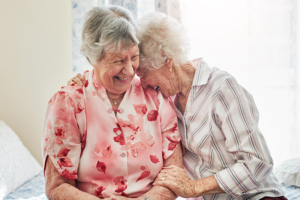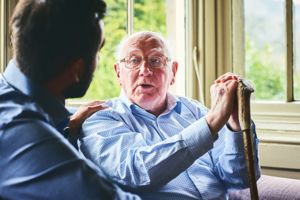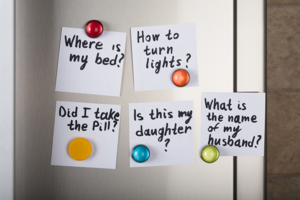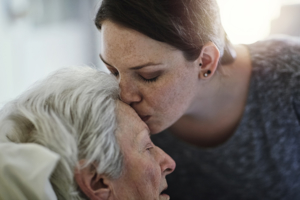Could New Parkinson’s Diagnostic Tests Be Developed Based on Our Sense of Smell?

Parkinson’s diagnostic tests may be impacted in a surprising way.
You may very well not recognize her by name, but you’ve possibly come across her story. Joy Milne has an especially specialized talent: detecting Parkinson’s disease through her nose. Her gift came to light when she sensed what she describes as an “overpowering sort of nasty yeast smell” in her husband of 10 years. Soon noticing other differences in her husband, such as personality and mood differences, he ultimately sought medical assistance, and after undergoing Parkinson’s diagnostic tests, the disease was confirmed.
Subsequently, upon walking into a Parkinson’s support group meeting, that exact same scent permeated the room – despite the fact that reportedly only Joy was able to sense it. In fact, she was also able to recognize varied degrees of the scent – some whose scent was weak, while for others, it was more powerful. With both her own and her husband’s medical backgrounds (she a nurse and he a physician), this knowledge was definitely meaningful and called for further action.
Her story led her to help Tilo Kunath, a Parkinson’s disease specialist at the University of Edinburgh, with the aim of creating a tool to provide earlier diagnosis – and in the long run, treatment – of Parkinson’s.
While initially doubtful of the probability of Parkinson’s being identified through scent, he was open to further exploration after learning about the results dogs were having in identifying the odor of cancer in individuals. He then developed an approach to assess her talents, by supplying her with a random selection of t-shirts – half of which had been worn by a person clinically diagnosed with Parkinson’s, and half by individuals without the disease – and, her accuracy rate was astonishing. In fact, she missed the mark on only one of the shirts, worn by someone without Parkinson’s, but who was later diagnosed with the disease as well.
Kunath says, “Imagine a society where you could detect such a devastating condition before it’s causing problems and then prevent the problems from even occurring.” Dr. Thomas Hummel of the Technical University of Dresden’s Smell & Taste Clinic, adds that while the idea is fascinating, there are still a number of questions to first sort out.
Parkinson’s disease, in conjunction with a variety of other chronic health issues, can be more successfully managed through the help of in-home senior care and dementia care in Hollywood, FL and the surrounding areas from Responsive Home Care. Give us a call at 954-486-6440 to find out if our services are available in your area and to learn more about how we can help you.











